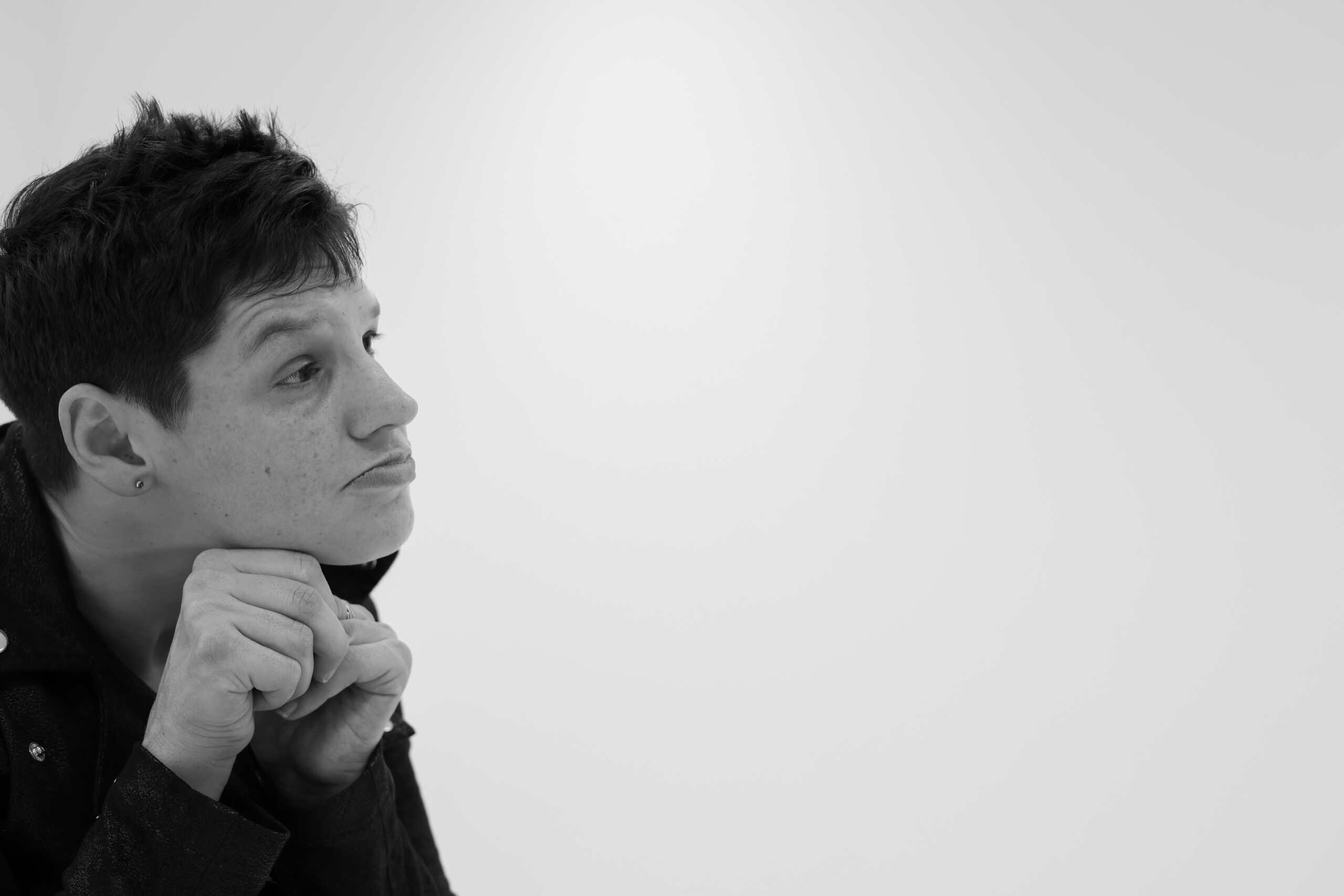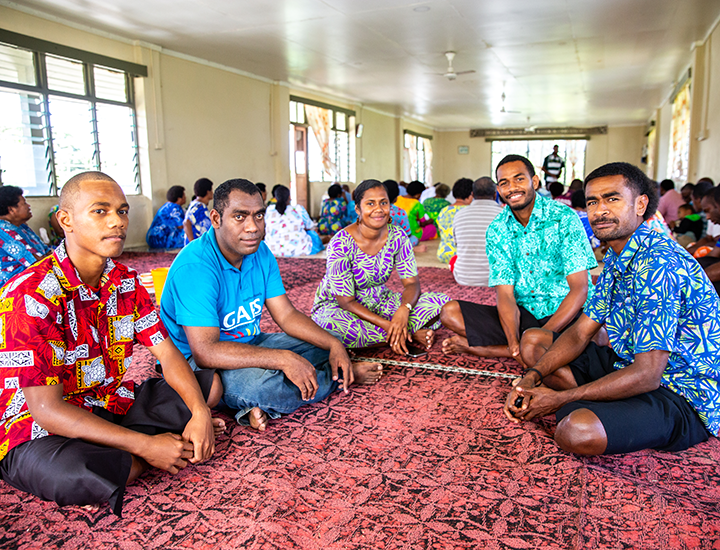Glenys meets the courageous women over-coming fistula
Fistula, Stories | April 30, 2024
Glenys’ desire to help people with disabilities in poor countries began in her 20s when she worked for the United Nations in New York.
“I’ve got such a heart for people with disabilities. Especially in developing nations. It’s such a challenge for most of them.”
Glenys is right. It is such a struggle for the poorest of the poor, and we’re so grateful that Glenys can tell the stories of women experiencing and over-coming fistula in rural areas of East Africa.
A fistula occurs when an unborn baby’s head puts too much pressure on a mother’s maternal tissues, cutting off the blood supply. The tissue dies and leaves a hole, or fistula, which causes urine and sometimes faeces to leak uncontrollably. The physical results are devastating enough, but the emotional and social impact of fistula also takes its toll on these women who are often ostracised by their community and husbands because of the ‘smelly leaking’ and, on top of the isolation, they’re also grieving their lost baby.
Glenys visited a medical centre in East Africa, where women can go after their operation, and where they’re doing more than just healing the physical damage of fistula.
Glenys explains it as a wonderful experience where women can learn new skills like sewing and beading and screen-printing as well as business skills so they can learn to be independent again.
“A lot of them are very young and their husbands have left them. They train these women so they can go out and have a skill and earn an income because when you’re on your own you have to make a living. Some of them don’t even have a family anymore.”
But it’s about more than just providing women with skills and knowledge.
“They make a nice connection with each other because of what they’ve been through…They meet every morning, sit in a pagoda, talk to each other and sing. It’s lovely.”
And they’ve been through a lot. To be able to sit together and connect with other women in a safe, accepting environment can be an empowering experience for them.

When Glenys met them the sun was shining and they were all sitting under the big tree sewing Binti Dolls. Gorgeous handmade dolls that are as individual as the women themselves. The women all started singing when Glenys approached. It was a beautiful greeting.
She met an older woman there who was so excited to meet Glenys, “She said in her language, ‘I believe that God has brought you here to help us and I can’t thank you enough.’ She just kept saying, ‘thank you. Thank you. Thank you.’ She was so thrilled and ecstatic that her life had changed”.
“Just think about how fortunate we are to live where we live. We were born in this country for a reason and it should be to help other people who are born in a different country, who don’t have the same opportunities that we have.” Glenys said.
The experience Glenys had highlights how blessed and fortunate we are. We live in a country where we can just call an ambulance and go to the hospital. These women don’t have that. Ambulances are few and far between.
“Not everybody can go and help, but that’s why an organisation like CBM is wonderful. To be able to donate and know that the money is going to help those women.”

In January 2020, CBM is supporting partners in Nigeria to launch a new maternal health care program that will provide essential health care for women who have fistula. Just as important, our partners will introduce an education program focused on creating awareness and understanding of a treatable condition. This education will provide invaluable information to women, families and communities so as to prevent and reduce the incidence of fistula. CBM’s partner program has the potential to diminish the stigma associated with fistula, restore dignity to women affected by this condition and, more importantly, save lives.
Your donation can help transform a woman’s life today.
Please donate today: https://my.cbm.org.au/mumsmatter
https://www.cbm.org.au/stories/glenys-visits-the-vibrant-mabinti-centre-to-meet-the-courageous-women-over-coming-fistula
Related Stories

Week 2 – Lent series 2025
Lent, Solidarity and Lament “It’s like I’ve woken up in an alternate universe.” These words I have said a few times over the last three weeks....

Building a Just and Inclusive Future: Disability-Inclusive Disaster Risk Reduction and Climate Action
People with disabilities are among the hardest hit by...

Week 1 – Lent series 2025
Being held by Jesus…held together by Jesus, invites us to lean into solidarity. As we begin Lent today, we will be reflecting on the theme...
